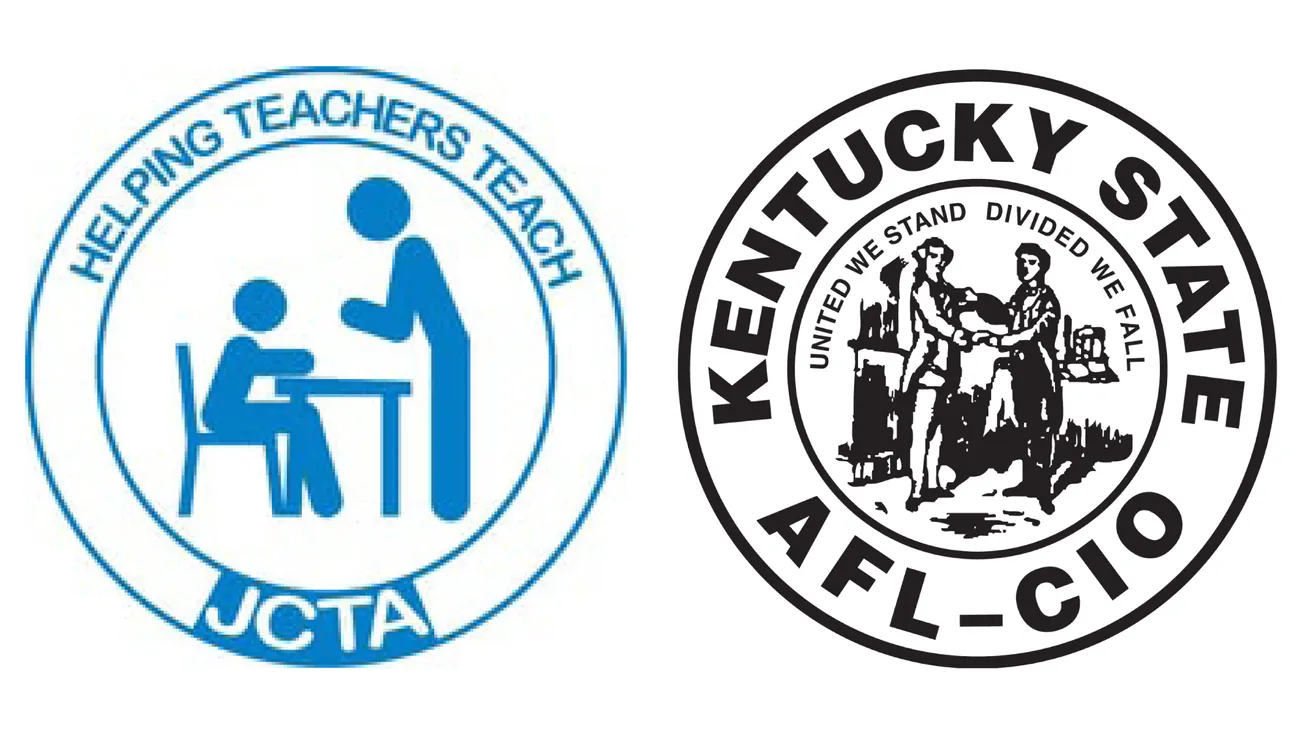Nineteen months after the University of Kentucky was admonished by the state Supreme Court for its “wholly inadequate” denial of an open records request, it finds itself at the center of another open records controversy.
In University of Kentucky v The Kernel, the Court schooled UK on “Public Agency Obligations,” emphasizing that the university’s “boilerplate” response to its student newspaper’s request “is not how the ORA process works.” (Emphasis in original.)
In November 2021, The Kernel published an editorial entitled “Closed for Business.” Noting that UK’s “open records office is very, very behind, as in there was a backlog of 92 requests as of October 7,” The Kernel suggested that “if you need to file an open records request to get information from UK anytime soon, you may want to start thinking about a Plan B.”
Kentucky’s flagship university is a slow learner.
The decision that ignited the current controversy focuses on the Kentucky Attorney General’s determination that UK violated the open records law by ignoring part of the open records request, and subverted the intent of the law by conditioning its response on a demand that the requester narrow her request.
The requester asked for electronic copies of all e-mails and text messages exchanged between the head coach or associate head coach of the university’s football program and two individuals identified by name (and believed to be Joe and Kelly Craft). She also requested “any tweet, quote tweet, or retweet” on the University’s official Twitter account for the head coach or associate head coach that identified a named person believed to be Kelly Craft.
UK responded that the “request for ‘all emails,’ is too broad” and that it was “unclear from [the] request precisely what records” the requester sought, declining to address her request for e-mails unless she provided “a timeframe for which [she] believe[d] such communication took place, and specific search terms.” As noted, the university ignored the request for text messages or Twitter postings – a flagrant violation of the law.
Politics may be in the background of this request, but do not be distracted. Open records requests are common in election season. The complex political calculus out of which this well-reasoned open records decision emerges does not undermine the decision’s correctness.
So what did the University of Kentucky do wrong?
Not only did UK violate the basic mandate of the open records law by ignoring part of the request, it subverted the intent of the law “when it demanded that a requester narrow the scope of a request that precisely described the records.”
It is this subversion of the intent of the law that is most troubling. “Nonspecific,” “too broadly worded,” “vague,” “a blanket request” — increasingly, public agencies advance these claims to avoid the obligations imposed on them by law.
An open records requester is not required to narrow the scope of his or her request. Some requesters yield to agency pressure to “narrow” their requests. Others simply give up. The requester in this open records dispute declined to do so, successfully appealing UK’s attempt to subvert her rights.
A request satisfies the open records law if it is “adequate for a reasonable person to ascertain [its] nature and scope.” A requester cannot “reasonably be expected to request blindly, yet with particularity, documents that s/he has never seen.”
In a detailed analysis, the Attorney General rejected the university’s argument that the request to UK is unclear, asserting that the requester could not be required to provide search terms, identify email addresses, or specify a particular timeframe. Nor could the university require her to narrow the request by subject matter because “she seeks all communications between the named persons regardless of subject matter.” The university did not show “any need for clarification of the request.”
The Attorney General left the door ajar for a possible UK claim that some responsive records are exempt — a hard case to make in the case of donors, given the Kentucky Supreme Court’s holding in Cape Publications v University of Louisville Foundation.
He also left the door ajar for a university claim that additional time is needed to fulfill the request, or that fulfillment of the request imposes an unreasonable burden based on the number of responsive records located and the challenges associated with retrieval and redaction.
But he firmly rejected UK’s attempt to condition fulfillment of its open records duties on the requester’s willingness to narrow her request or pursue this legally indefensible claim.
“It’s a strong endorsement of the public’s right to know what its agencies are doing,” observed Michael Abate, general counsel for the Kentucky Press Association. “The opinion strongly rebukes the university.”
Yet again.
--30--








